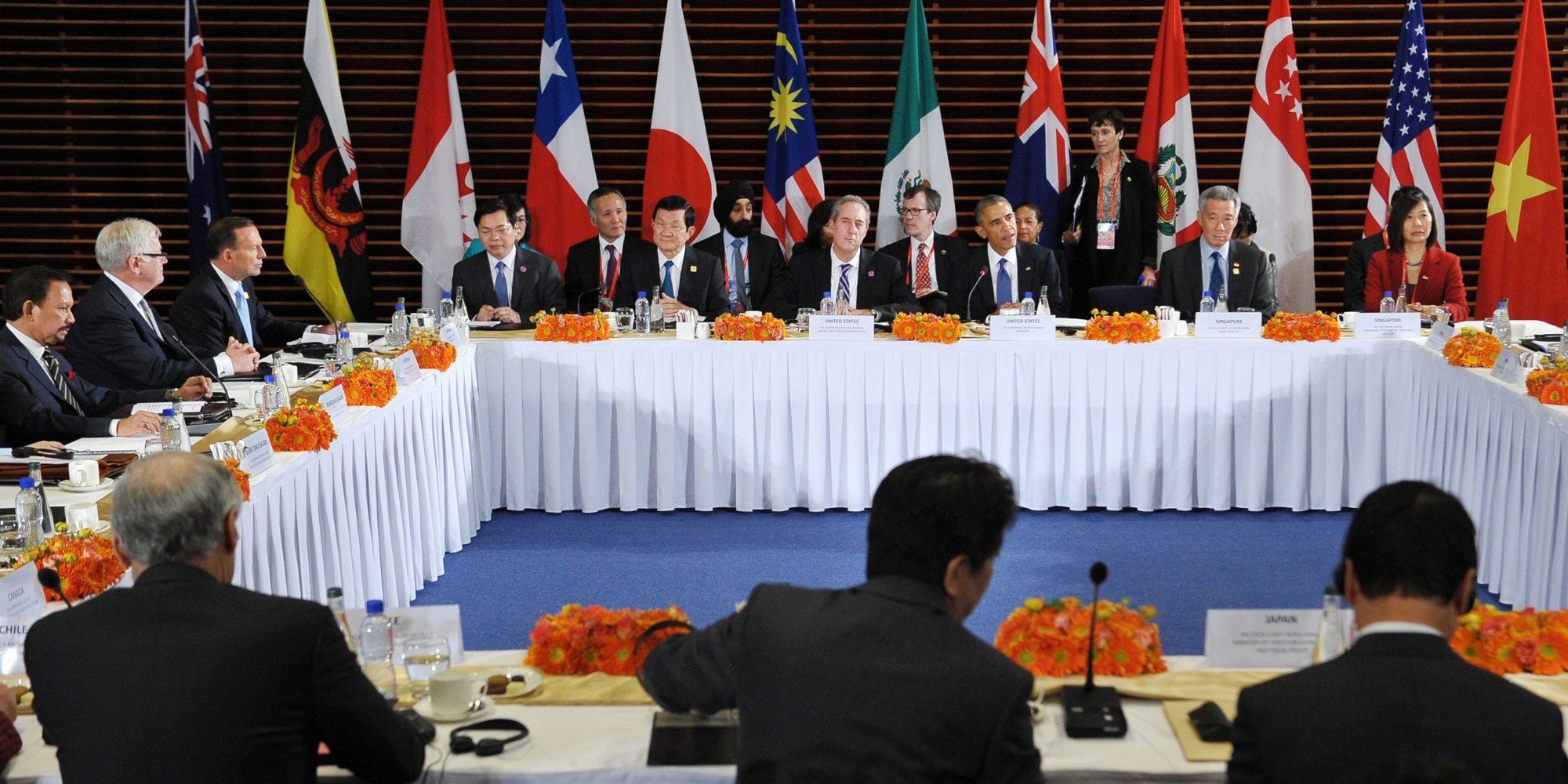At its core, the Trans Pacific Partnership (TPP) is a trade deal between Canada and 11 other Pacific rim nations that seems to be incensing Canadian dairy farmers and car makers by increasing imports in these sectors. But the TPP contains a myriad of new copyright protection that will make the lives of Canadians much more difficult. It is surprising, then, that these aspects of the deal have been overshadowed by those talking about the dairy and automotive industries. Some of this rooted in the secret nature of the negotiations—especially during the recent Canadian federal campaign; but such obscurity should not be replicated in the public discourse. The government line need not determine the public’s priorities. Now that more information regarding the TPP’s changes to copyright law has been leaked, it needs to be discussed.
The majority of the media’s focus on the deal has been on the potential effects that it could have on these two industries; however, outside of those Canadians who are directly employed in the dairy and automotive industries, the effect will be dispersed. Cheese might be a bit cheaper at Provigo, and you might see a few more Japanese cars driving down Rue Sherbrooke.
The potential changes that the TPP will have on copyright law, however, could affect everyone in Canada who has a website, uses the internet, or maybe illegally downloads an episode of Last Week Tonight. First, the deal has the potential to alter the current ‘notice-and-notice’ system that Internet service providers (ISPs – i.e. Videotron, Bell, etc.) are required to use when copyright complaint is lodged to a ‘notice-and-takedown’ system.
With the notice-and-notice system, ISPs are required to let a website know if it has received a complaint. Only when copyright holders convince a court of law of the violation can they have the content in question removed from the website. Alternatively, a notice-and-takedown system will block or remove content from a Canadian website as soon as a complaint is made. A notice-and-takedown is a significant step backwards. Not only does it increase the amount of content blocked by ISPs, but eliminating the judicial process reduces the ability to discern whether the content was even copyrighted in the first place.
The deal could also create civil or criminal penalties for Canadians who transfer content they already own from one device to another, or for simply uploading or reposting professional sports highlights—is that gif of Batista’s bat flip really worth jail time? Under this system, authorities would be able to seize and destroy devices used for copyright infringement.
Don’t start hiding your laptop under the floorboards yet though. Even if Canada adopts these strict regulations, it doesn’t mean that they will be actively enforced.
Some changes could have more easily enforceable effects. The TPP will extend the terms of copyright from the life of the author and 50 years thereafter, to life of the author plus 70 years. This could easily cost the country over $100 million a year in lost public domain content. The extension of copyright will negatively impact individuals who desire access to large amounts of created content. Take a university library as an example. Library costs could easily increase as a result of copyright extensions, as content previously in the public domain will now have to be paid for. As usual with any increase in operating costs, universities will most likely pass these on in the form of increased student fees.
Most students currently perceive the TPP as being about cows and cars and as such, don’t really see it as having a big impact on their lives. But beyond these highly publicized aspects of the trade deal, the TPP could have profound effects on how Canadians can use the Internet and easily access created content. Despite this, most of the discussion of the deal has been centred around its affect on a relatively small group of Canadians. People cannot express their opinions about things they are not aware of, which is why the discussion needs to shift from cows and cars to copyright.










